- Learning time
- 60 minutes
- First play time
- 240 minutes
Ancient Civilisations of the Inner Sea
Designed by: Chris Vorder Bruegge,Mark McLaughlin
Ancient Civilisations of the Inner Sea pits the players at each other as competing cultures striving for dominance over the Mediterranean in the distant past. It’s part card game, part board game, and part destroyer of long-standing friendships…
The large board shows the sea itself and the regions around it – north Africa and southern Europe. Everything is broken into areas, although how much of the board to be fought over depends how many players there are, as with fewer people some areas will be off-limits. The goal of each player is to score points by building cities and wonders, but these theoretically-peaceful pastimes sometimes get shelved in favour of expansion and aggression, as you seek to prevent others from doing the same.
Each player’s civilisation is represented by discs of their colour. One disc represents a nomadic and non-confrontational presence, but two stacked discs are a settlement (who will contest ownership of a region) and three or more a similarly-territorial city. You begin with several settlements, and then over a maximum of sixteen turns, go through four phases:
Phase one is Growth. This is where you can add and manipulate your presence on the map, returning discs if you want to and deploying new ones, either to areas where you have a presence already or adjacent to them. This is where settlements are handy: they don’t score you any points, but every settlement on the board equals a new, deployable disc (a presence in two sea areas does the same thing). Discs are deployed in turn order, so players going later in the round have a chance to see what the earlier players are up to.
Phase two is the Card Phase. Now players play cards, one at a time, in turn order, and have the opportunity to build Wonders. This is the meat of the game so worth covering in a little more detail. Every card has some kind of associated action explained on the card itself, and most of them are very straightforward. Most are also fairly diabolical too; removing opponent’s discs and adding your own to various regions or stealing cards from each other. Occasionally some will reward you with money. Unlike the deployment of discs in the growth phase, these effects can be applied anywhere on the board, causing all manner of upset and surprise. But this disc-removal can be offset to a degree: you may choose to discard cards from your hand instead, or pay money as a substitute. There are Negate cards too, that you can play to prevent a nasty card from being activated (it gets discarded instead). That said, Negate cards can be negated themselves! Some cards (Investment cards) can be played in front of you as little technology-type boosters for your civilisation, and some are Competition cards that may only be played in the next phase… Finally, players may spend a turn to build a Wonder instead; a costly but rewarding pursuit in that Wonders give you both an ongoing benefit and score points – assuming you still occupy them – at the end of each turn.
After all players have either passed or played all their cards, the Competition phase (phase three) begins. Any region on the map shared by non-nomadic players (ie there are contesting settlements or cities present ) have a contest to resolve who wins/keeps control of the area in question. The resolution at heart is extremely simple: each single, nomadic disc must be simultaneously removed, then one from each (two-disc) settlement, then one from each (three disc) city, then one from each four disc city (and so on: occasionally in the Competition phase stacks will be even higher). When the highest stack has had a disc removed, the process begins again, and continues until there are either only nomads present or a single, controlling faction.
However! Players may play competition cards here to assist them, and as in the Card Phase, may discard cards or spend money to avoid removing a disc, meaning although the system is straightforward the result of each battle is less so. When all contests have been resolved, the final phase begins: the Reckoning phase. Here players score points (for cities and wonders) establish turn order (most cities goes first; fewest last) and draw cards for the next turn. After four turns, there is an End of Epoch scoring and all cards and money discarded. After four epochs, the game will end…
That’s not the whole story with Ancient Civilisations though, because there are some extra wrinkles that make an already dramatic game that more dramatic, and in some cases provide a kind of balancing mechanism if one player is running away with things. Shuffled into the cards are Events that, when revealed, must be activated instantly. Often they trigger an invasion of Barbarians, a non-playing faction who appear on the board getting in everyone’s way: usually the stronger players, as whoever is currently in last place usually gets some say over where the Barbarians appear. There are also asymmetric civilisation powers, and the possibility for an epoch to end suddenly and change the course of everyone’s destiny. In the end, the sneakiest, shrewdest, or possibly luckiest player will emerge triumphant.
Joe says
My one play of this felt at once long and oddly humdrum. I've not played the original Civilisation or Advanced Civilisation, games of epic length by the British designer Francis Tresham, but ACIS seems like an attempt to streamline that sort of experience into a more manageable length of play. Unfortunately much of the fun and doublethink seems to have been consigned to the history books along the way. I found it just okay.
The guru's verdict
-
Take That!
Take That!
Ridiculously high.
-
Fidget Factor!
Fidget Factor!
Moderate to high, depending on both player count and decision-speed of those involved.
-
Brain Burn!
Brain Burn!
You can have a grand strategy, but it may well blow up in your face after the first turn. ACIS is a tactical, reactive game, where establishing a strong lead early can be a terrible move, as both Events and other players will target you. You also need to react to the card draw, which can be favourable or... less favourable. Most cards are pretty dynamic, but some are ludicrously destructive so there is an element of chance at play.
-
Again Again!
Again Again!
It depends how you feel about a very long (see Sam Says) very swingy and chaotic game where you never have as much control as you'd like. There's a lot of variety here and two games won't play out the same way, but it's definitely a game for players who love a bunfight as much as a historical simulator.

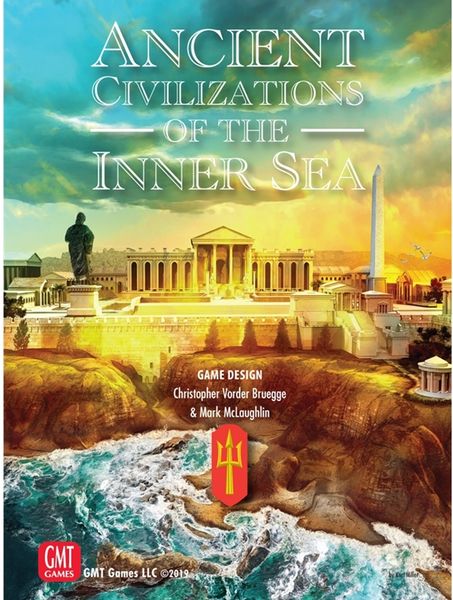
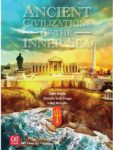
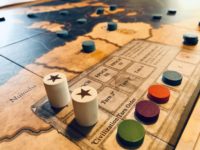
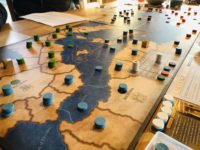
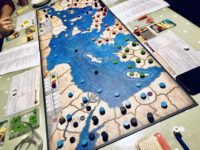


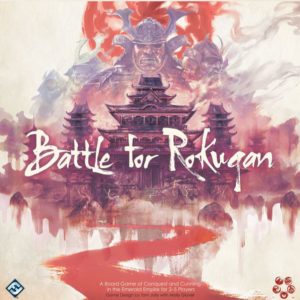
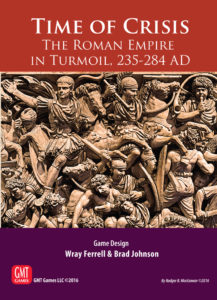
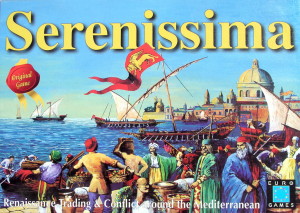
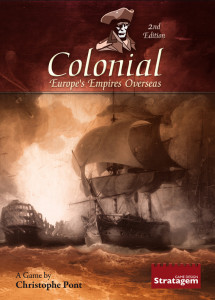


Sam says
The problem - for some - with Ancient Civilisations of the Inner Sea is that the civilisations don't really develop or advance at all - unlike many civ games where there is a sense of building narrative drama, with ACIS it starts out as a squabble and remains pitched at that level for what is a reasonably long play-time (assuming you play all four epochs: you can agree to play just three, or even two for a much shorter game). Compared even a light civ-game like Historia, there's not so much a story arc as a bread-flinging montage, where even the savviest player can be undone by ill fortune. I generally don't go in for expansions to games but here I'd be interested to see how one might give you a modicum more control: even a a starting hand of a few negate cards, or another way to avoid the slings and arrows of fate, might help... Two things help keep everything in some kind of balance: one is how the Events tend to target the strongest players - not thematically apt, perhaps, but a clever bit of design. The other is the players themselves: in Ancient Civilisations of the Inner Sea everyone is policing everyone else, so one player steaming into a lead may soon find the rug pulled from under them (and more) as factions around them react like spurned lovers. It is long, and I'd suggest three epochs rather than four, and it makes the feisty battles of Rokugan feel comparatively gentle... But my reservation about ACIS is replay value. That chaotic clash of steel is fun for one, two, three visits. By the time the fourth rolled around I certainly felt that for the time it demands, this game could be more rewarding in terms of overarching strategy and control.